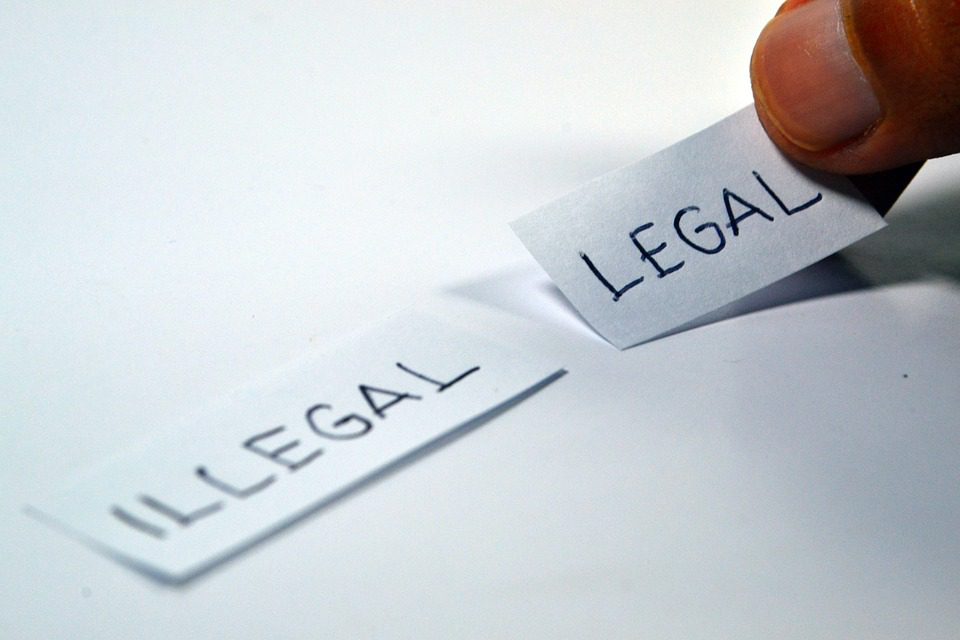Passing the bar is no easy task. You invest hundreds of hours into earning the right to practice law. Once you’ve accomplished this task, we’re sure you’re not anxious to lose that privilege.
There are ways to avoid losing your right to practice, and in this entry,
Esplin Weight will teach you what some of the more common pitfalls are, so you can better avoid them and the chance of losing your license.
We will first discuss the meaning of disbarment, then the relevant financial misconduct, personal misconduct not having to do with financial matters, as well as the concept of moral turpitude.
What Happens if You’re Disbarred?
Just as you must take the Bar Exam for each state in which you wish to practice law, disbarment is also unique to the state in which you are disbarred.
In other words, if you are disbarred, you lose the right to practice law in the state that disbarred you. However, when other states in which you are licensed to practice are notified of your disbarment, it frequently leads to investigations in those other states as well.
If you continue to practice law, after being disbarred, you face serious penalties, including jail time.
How Financial Misconduct Can Get You into Trouble
Financial fraud is one obvious reason for disbarment. This could involve mistreatment of the firm (e.g. a St. Louis attorney who secretly signed up clients and hid them from the firm), or mishandling of client financial resources (e.g. trust funds).
Any such misconduct can lead to penalties up to, and including, disbarment. These standards are enforced in every state.
Other Behavior You Should Avoid
Outside of financial violations, there are other forms of misconduct that can lead to attorneys being penalized, or even disbarred. Such conduct can include felonies of any sort, drug convictions, assault, etc.
In both cases, the standard for disbarment involves moral turpitude, a concept we will examine in the next section.
Moral Turpitude, and Why You Need to Know It
Moral turpitude is a legal concept that defines “conduct that is considered contrary to community standards of justice, honesty, or good morals.â€
It’s been described as an “act of baseness, vileness, or depravity in the private and social duties which a [person] owes to his fellowmen, or to society in general, contrary to the accepted and customary rule of right and duty between man and man.â€
Clearly, this covers a wide range of behavior. Thus, it’s important to maintain vigilance, and err on the side of ethical behavior, whenever there’s any chance of behavior being viewed as inappropriate or violate of accepted legal practices.\
Attorneys are held to a high standard in order to maintain their ability to legally practice law. Whether you’re a seasoned lawyer or just embarking with your own practice, it’s important to know the standards by which you will be held accountable.






